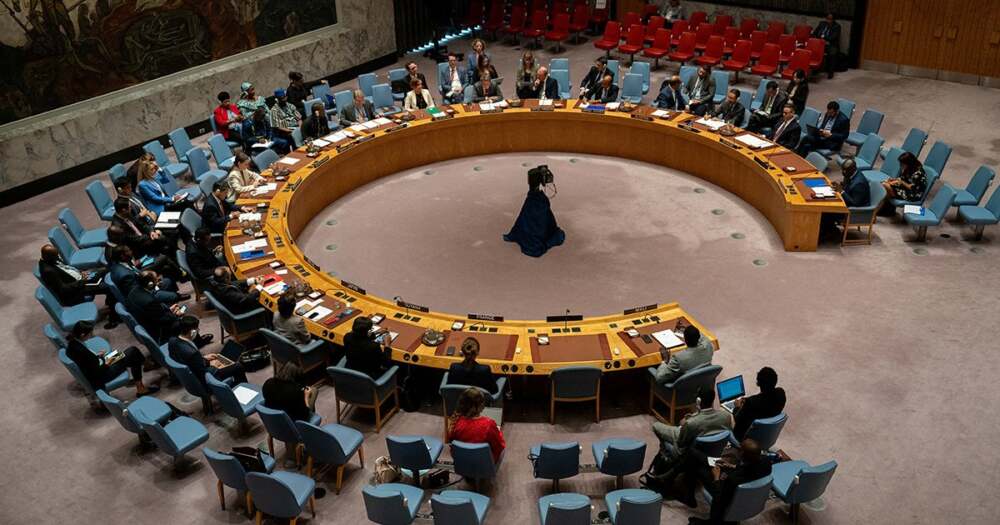As the world watches a series of high-stakes developments unfold, today’s news cycle reflects a complex interplay of diplomacy, environmental crises, and security concerns. From tense international negotiations to natural disasters and civic unrest, governments, citizens, and markets alike are navigating uncertainty. This article provides an in-depth overview of the most significant events currently shaping global affairs.
Diplomatic High-Stakes: International Summit Signals Tentative Progress
Leaders from several major nations convened this week for a critical summit focused on trade, regional conflicts, and climate cooperation. The gathering, held under tight security and intense international scrutiny, has become a focal point for understanding the future trajectory of global diplomacy.
In opening remarks, officials emphasized the importance of dialogue, “mutual respect,” and constructive engagement. However, behind the polished statements, negotiators are grappling with difficult issues, including the enforcement of trade agreements, the handling of contentious territorial disputes, and the implementation of international climate commitments.
Market analysts have noted that even minor progress could stabilize global economies, while stalled negotiations risk deepening uncertainty. Observers report that countries are exploring compromise solutions, particularly around tariff reductions and coordinated environmental initiatives, though many contentious topics remain unresolved.
Environmental Disasters Escalate Across Multiple Regions
Severe weather events have added to the sense of urgency and global concern. Coastal regions faced record rainfall and high winds, while inland areas experienced flooding, landslides, and infrastructure damage. Emergency services have been deployed at full capacity, and evacuation orders have affected tens of thousands of residents.
Authorities warned of continuing risks as rivers rise and weather patterns remain unpredictable. Critical infrastructure, including roads, bridges, and power grids, has been disrupted, complicating relief efforts. Analysts warn that climate change is increasingly contributing to the frequency and severity of these events, underscoring the need for robust disaster preparedness and international coordination.
On the ground, residents expressed both anxiety and resilience. In one affected city, a local volunteer described the community response: “Despite the damage, neighbors are helping one another, and emergency crews are doing everything possible to keep people safe.”
Security and Civil Unrest: Authorities on High Alert
Security concerns have risen in several countries following reports of potential threats, including planned protests, organized disruption, and coordinated criminal activity. Police and intelligence agencies have heightened security measures around government buildings, cultural institutions, and transport hubs.
In major metropolitan areas, protests that began peacefully at times escalated into clashes, prompting temporary curfews and arrests. Authorities emphasized the importance of public safety while attempting to balance the right to assemble.
Internationally, border security agencies have increased screening and issued travel advisories, reflecting the heightened risk environment. Analysts suggest that coordinated security strategies are critical to preventing further escalation and maintaining public confidence.
Economic Implications: Markets React to Uncertainty
Global financial markets have been volatile amid these converging crises. Stock indices in sectors directly affected by geopolitical tensions and environmental disruptions opened with losses, while safe-haven assets, such as gold and government bonds, saw increased demand.
Currency markets displayed uneven performance, reflecting investor caution. Analysts highlight that market sentiment is closely tied to the outcomes of diplomatic negotiations and the resolution of environmental and security crises. Even incremental agreements at the summit or stabilization in affected regions could influence global markets positively.
Public Sentiment and Expert Analysis
Live interviews and reports from affected regions illustrate the human dimension of these events. Residents impacted by flooding emphasized the emotional and material toll, while experts offered context on both the immediate risks and long-term implications.
Diplomatic experts noted that the summit represents an opportunity for nations to demonstrate flexibility and leadership. While statements of intent are important, the success of the talks will ultimately be measured by enforceable agreements and tangible results.
Security analysts echoed similar sentiments, highlighting that preparedness, intelligence sharing, and rapid response are key to mitigating threats without infringing on civil liberties. The combination of natural and human-induced crises underscores the need for coordinated global action.
What to Watch in the Coming Days
- Diplomatic Outcomes: Agreements, memorandums, or joint statements issued at the summit and their implementation timelines.
- Weather Developments: Continued monitoring of storm systems, flood risks, and emergency responses.
- Security Measures: Updates on protests, arrests, and border security developments.
- Market Fluctuations: Reactions to summit outcomes, climate events, and security alerts.
- Public and Expert Feedback: How citizens, local authorities, and global analysts interpret ongoing developments.
Conclusion
Today’s global news underscores the interconnectedness of diplomacy, environmental events, and security concerns. The world is witnessing a moment where decisions made in summit halls, emergency command centers, and government offices can have immediate and far-reaching consequences.
While uncertainty remains a constant, the efforts of governments, first responders, and communities provide a measure of reassurance. The coming days will be critical in determining whether these high-stakes challenges can be managed effectively and whether lessons from this convergence of crises will inform future policy and preparedness strategies.
















Leave a Reply